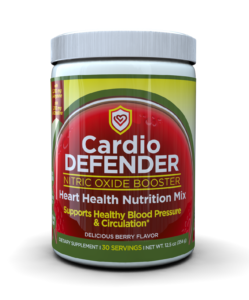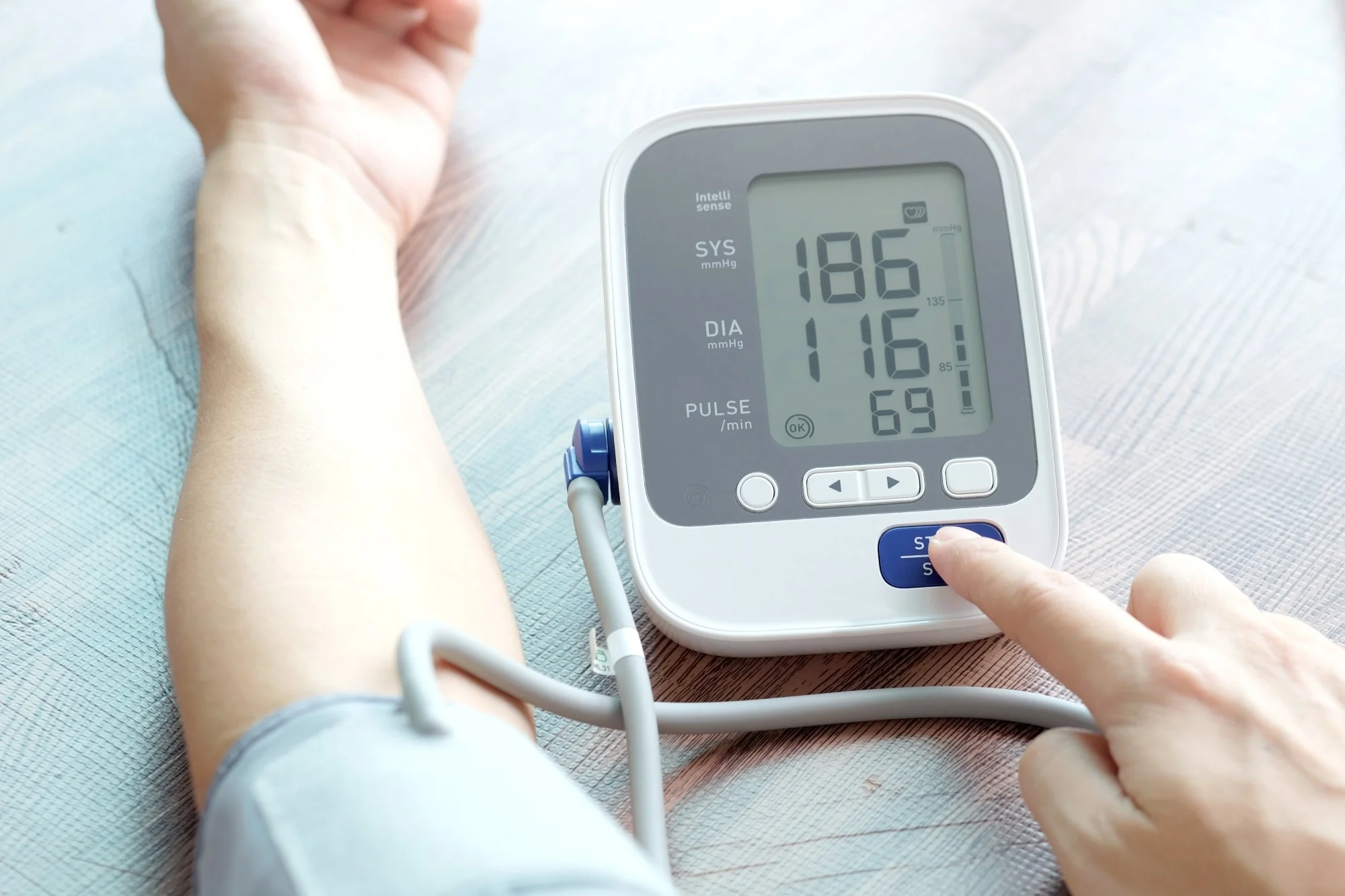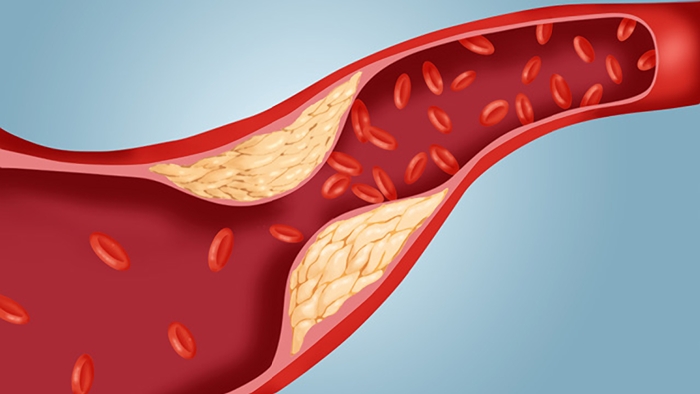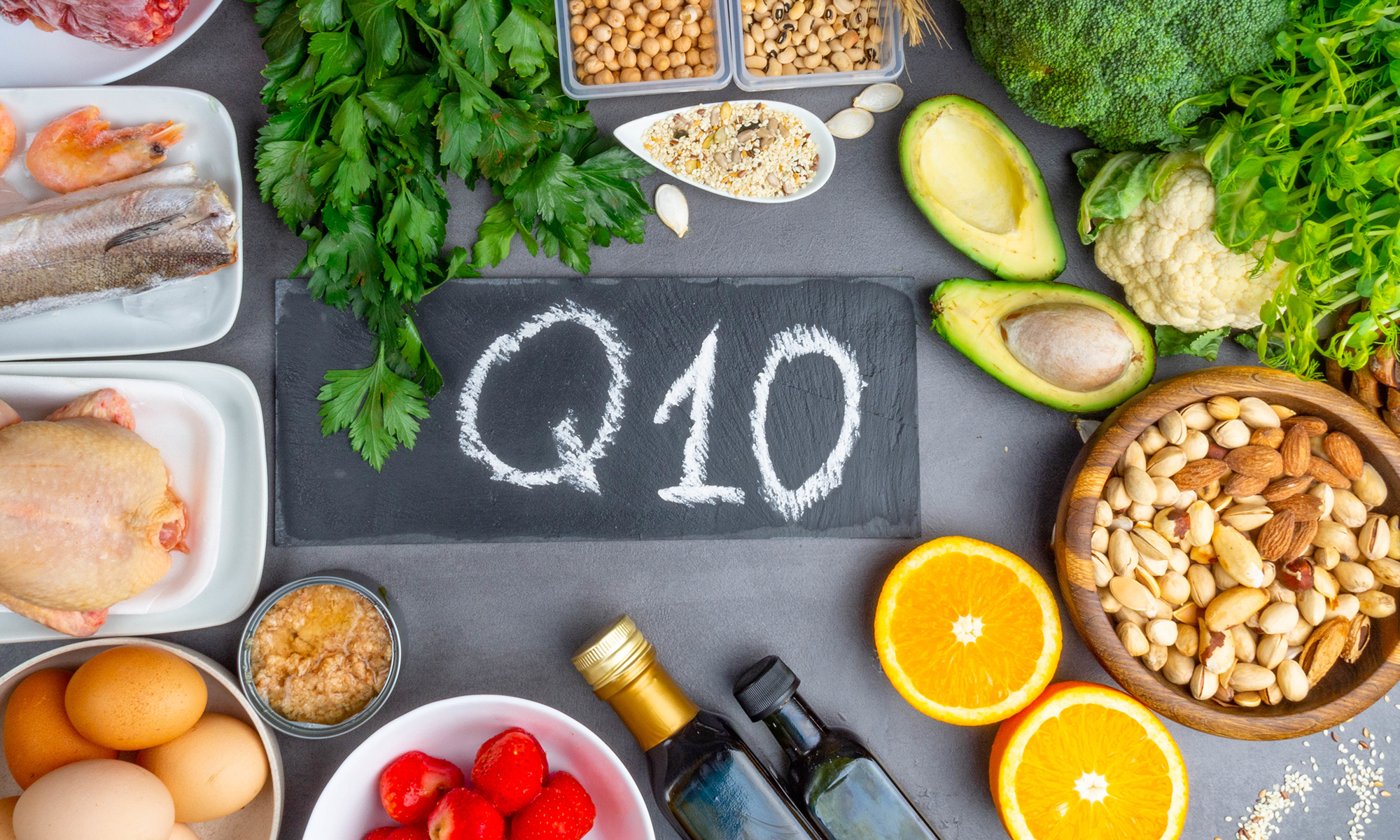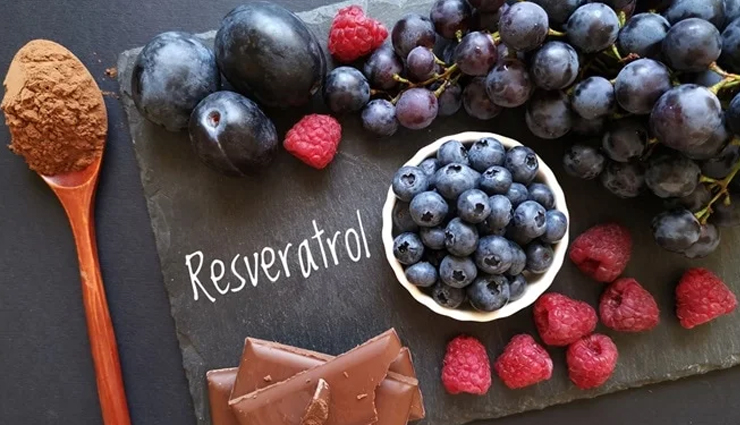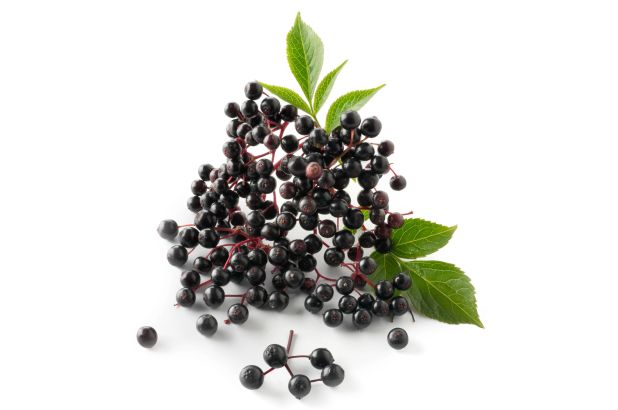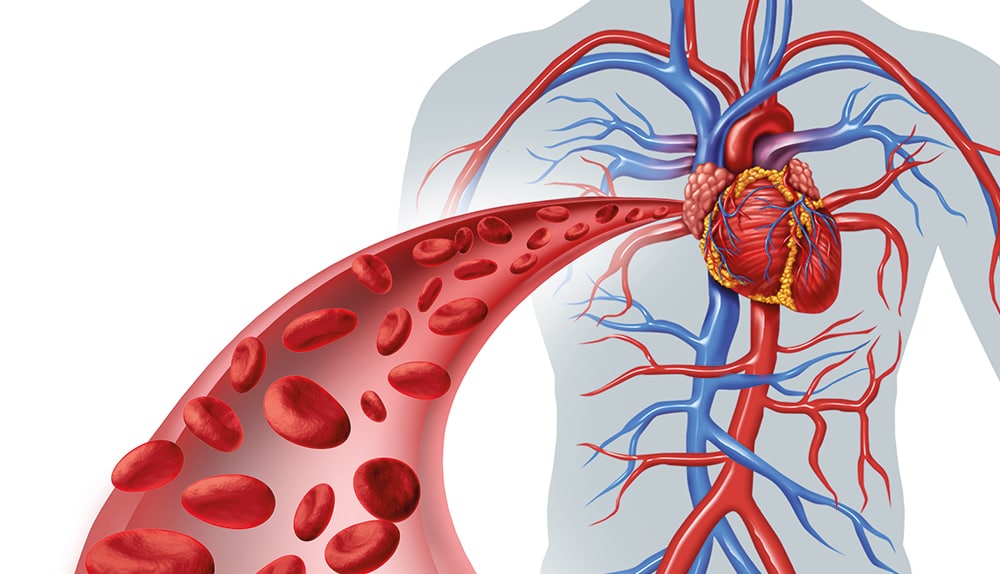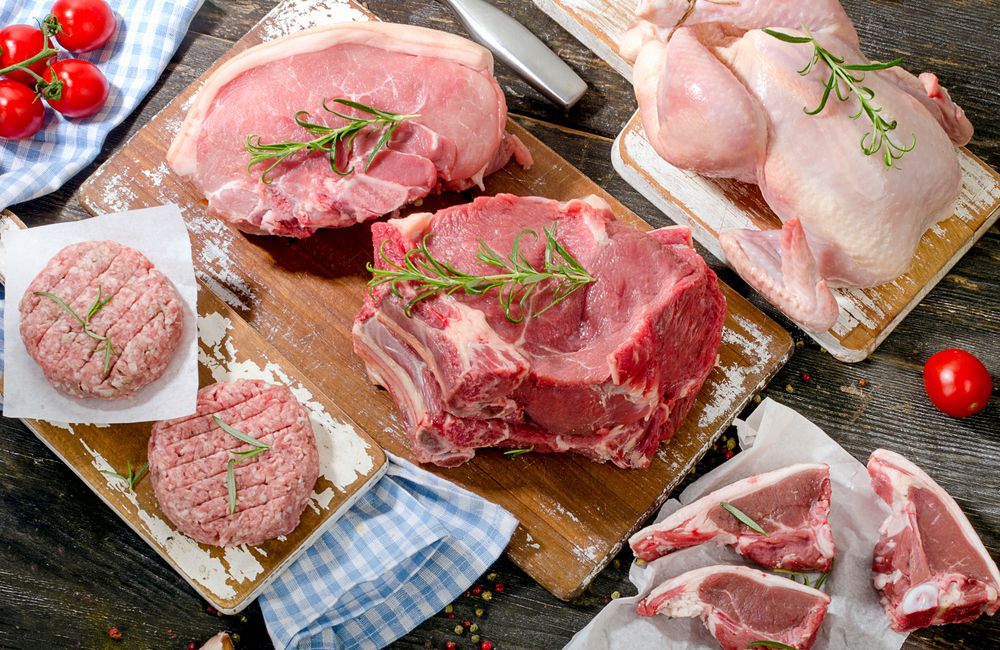What Is Nitric Oxide and Why Do You Want to Increase It in Your Body?
What Is Nitric Oxide and Why Do You Want to Increase It in Your Body?
You may have heard of this “miracle molecule” and wonder to yourself “what is nitric oxide”? Nitric oxide (NO) earned the “miracle” title because of its far-ranging health effects. NO is mostly known for its ability to reduce the risk for heart disease—the primary cause of death in the United States (every 40 seconds somebody has a heart attack).1 Now more than ever, it is crucial to be aware of foods and supplements that support your heart health so you can have the best chance at a long and healthy life.
Nitric oxide is one of the most important molecules produced within the cardiovascular (heart and blood vessels) system.
NO has several roles that support heart health.
For one thing, it promotes a normal blood pressure, which is very important. NO also promotes a healthy inflammation response, supports immune health, and helps reduces oxidative stress.2
While nitric oxide is mostly known to support heart health, it actually supports a variety of aspects of physiological health. NO primarily works by enhancing blood flow throughout the entire body (not just around your heart). It does this by relaxing the blood vessels (vasodilatation).
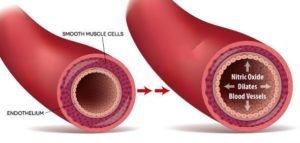
This relaxation of blood vessels throughout the body explains how it promotes health in so many different ways beyond heart health. Nitric oxide:
- Supports healthy blood pressure
- Reduces inflammation and oxidative stress
- Supports immune function
- Helps those with erectile dysfunction
- Promotes energy levels
- Enhances exercise performance2
A diet rich in NO-promoting nutrients may also support bone health.
What is Nitric Oxide (NO)?
The discovery of NO lead to a Nobel Prize in 1998.4 Since then, NO has paved its way as a staple in health regimens throughout the world. NO is a gas in the body that acts as a signalling molecule in the cardiovascular system. It’s these signals that help to relax the blood vessels throughout the body.
Nitric oxide is not a gas we breathe, but a gas naturally made by our bodies when we supply them with certain essential nutrients.
For example, the body can use nitrates and nitrites from the diet to convert into NO. It can also use the amino acids (from protein) L-citrulline or L-arginine and turn them into NO. These conversions of nutrients into NO is done by the enzyme nitric oxide synthase.
Nitric oxide synthase also gets some help from other nutrients such as antioxidants.
For example, vitamin C and polyphenols can help assist the enzyme in creating NO.
Studies reveal that some of the best foods and supplements to support nitric oxide levels in the body are ones that contain high levels of nitrates, nitrites, L-citrulline, L-arginine, as well as Vitamin C and polyphenols.
Best Foods and Supplements to Deliver Your Body with a Nitric Oxide Boost
1. Leafy Greens
As a general rule of thumb, leafy greens are a great source of nitrate, providing the body with a source for bioactive nitric oxide.2, 3, 5
- Spinach is high in nitrate and supports healthy blood pressure and a decrease in arterial stiffness.
- Kale is another dark leafy green that assists in the formation of nitric oxide in the body.6
- Lettuces such as romaine and iceberg contain higher amounts of nitrate than most vegetables.3 This may be surprising as iceberg lettuce is known for having fewer nutrients due to its high water content.
2. Fruit
It may come as a surprise since it’s so delicious, but watermelon can be a great food to boost nitric oxide levels. Watermelon contains high levels of L-citrulline.7 Who knew that such a tasty summer food could actually support heart health!
Polyphenols are another naturally occurring compound found in fruits that can help produce NO as well.
They have been shown to help improve blood flow.8 NO production is greatly enhanced in the presence of dietary polyphenols and Vitamin C.3 Polyphenols also help protect the body against oxidative stress and their role as antioxidants are being further explored.
Several fruits contain high levels of polyphenols:
- Apple extract can promote higher nitric oxide levels as a result of the specific polyphenol it harbors.9
- Pomegranate extract is able to support nitric oxide levels in the body because it contains high levels of polyphenols as well as nitrate.8
3. Garlic
Many cultures use garlic in a variety of cuisines for its robust flavor. It is known to support health in a variety of ways throughout history—particularly heart health. Studies show that garlic supports a healthy blood pressure as well as reduces blood lipids and clotting. Beyond heart health, garlic harbors antimicrobial effects and can support normal blood glucose concentrations.10
You are probably not surprised to learn that one of the ways garlic has these medicinal properties is by increasing the production of NO levels within the body. It does this by activating the enzyme that creates NO (nitric oxide synthase).11
4. Beets
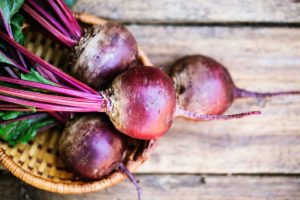
Beetroot and beetroot juice are nitrite-rich so they provide substances necessary to create NO. Studies demonstrate that because of this, beetroot can support healthy blood pressure and reduce inflammation. In addition, beetroot also boosts exercise and athletic performance. It is also loaded with antioxidants and anti-inflammatory properties!3, 6, 12
Cardio Defender contains beetroot, as well as other essential nutrients to boost NO levels!
5. Other Great Sources of Nitric Oxide Foods
- Celery is a high-nitrate vegetable which also contains antioxidants.13
- Walnuts, peanuts, and soy are some of the best sources of dietary L-arginine.14
- Red meat, poultry, and fish support nitric oxide levels through L-arginine found in the protein.
- Coconut water is rich in L-arginine, as well as antioxidants.15
- Bok Choy
- Carrot
- Arugula
- Eggplant
- Artichoke
6. Supplementing with L-Arginine and L-Citrulline
Because the body makes NO from L-arginine and L-citrulline, providing your body with them not only increases nitric oxide levels but can also provide an energy boost for a workout. Studies show that supplementing with L-arginine and L-citrulline in fact promote the production of NO.14, 16
Cardio Defender contains 5,200 mg of L-arginine, 1,200 mg of L-citrulline per serving!
7. Supplementing with Antioxidants
Studies show that several antioxidants can help reduce blood pressure and activate nitric oxide synthase, the enzyme that produces NO.17
Cardio Defender contains antioxidants such as Vitamin C, alpha lipoic acid, and Enovita grape seed extract!
8. Exercising
Exercise is good for your heart and one of the reasons why is because of NO. One study showed that physical activity increases the production and availability of NO, as demonstrated by measuring Individuals exercising in a study showed a higher NO content when exhaling increases.18, 16
Spinach & Kale Smoothie Recipe to Boost Nitric Oxide
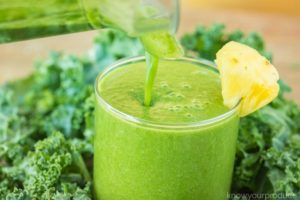
1 cup of raw spinach
1 cup of raw kale
½ cup of mangos
½ cup of pineapples
1 scoop of Cardio Defender
1 cup of sugar-free coconut milk
Blend all ingredients together & serve!
Mixed Berry Smoothie Recipe for a Powerful Nitric Oxide Boost
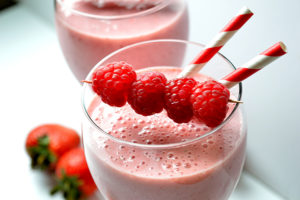
1 ½ cup of strawberries
1 ½ cup of raspberries
½ cup of Greek yogurt
1 scoop of Cardio Defender
1 cup of almond milk
Simply blend and serve.
Overall
Nitric oxide supports a variety of aspects of health, like heart health, immune function, and more. Now that you know what nitric oxide is and how much it can boost your health, you can see that increasing NO levels is simple. By providing your body with what it needs to make NO naturally you can set yourself up for better health and more energy. Use these tips to give your body more of what it needs to make the “miracle molecule” and, more importantly, improve your quality of living!
